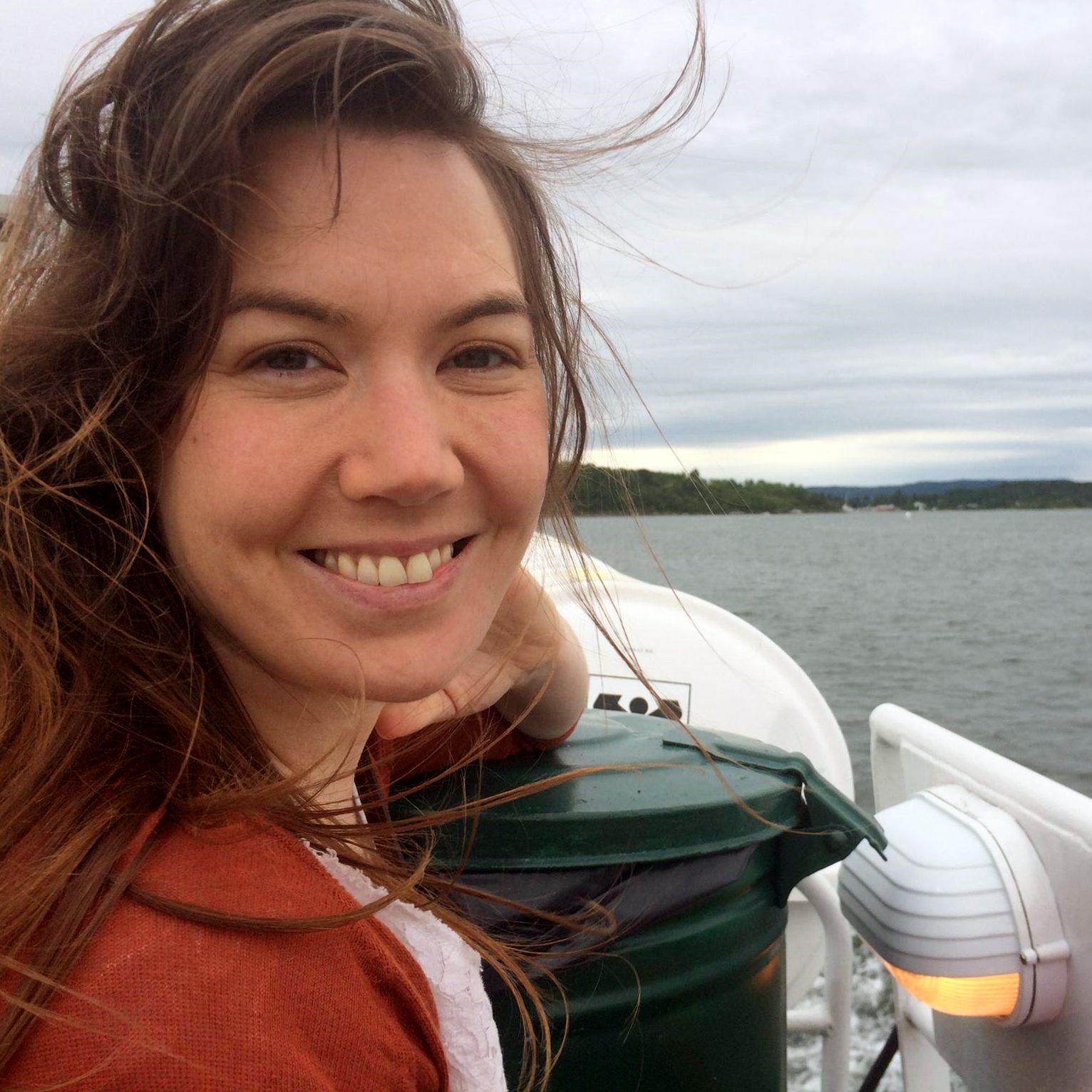Interviews
 Name: Sarah Byrne
Name: Sarah Byrne
Trinity Qualification: BA (2007)
Title: Restorative Justice Mediator, Writer & Editor
About: Sarah studied Sociology and German at Trinity and also participated in the
‘off-books’ programme, which enabled her to attend the University of Konstanz
from 2004-2005. She volunteered in the Voluntary Tuition Project at Trinity for two years, and also lived on campus as part of the Scéim Chónaithe in her final year. Since graduating from Trinity, Sarah has completed a Masters in Criminology at the University of Cambridge, and has worked in a variety of mental health and forensic settings. She began writing poetry in 2013 and has won several awards for her writing. She currently works for a restorative justice project in Cork City, assisting and supporting both victims and offenders of crime.
She has also recently founded the poetry journal The Well Review and acts as Editor of this biannual print publication.
What is your fondest memory from your Trinity days?
The library. I couldn't believe that every book I wanted to read was stocked there. I loved the anticipation of sending off the slip to get books from Santry and Stacks, and how exciting it was to visit Early Printed Books, like someone just gave you a visa to another century.
I spent the majority of my time at Trinity in the library, but I was never lonely. My friend Anne-Marie used to call me 'the snail' because you could see my shell of books before you saw the rest of me. Although I hadn’t yet accepted myself, I also felt entirely accepted at Trinity, by my classmates and my professors and that is a pleasant memory. It was helpful to feel that support.
How did you transition from doing a Bachelor in Sociology and German to working in the field of restorative justice and writing poetry
I first loved poetry as a child and my parents were incredibly supportive of this passion.
They used to bring me to the library and often brought me home books from town that I had enquired after. It’s an inexpensive passion for parents to support, and I think all writers start out as avid readers. Some of my fondest memories are of going to the library with my mother. I did my undergraduate thesis at Trinity on prisons and I went on to do a Masters in Criminology where I focused on the subject of suicide in prisons. I then worked in various roles in forensic settings, in research, psychology, advocacy and I helped set up the RJ project in Cork three years ago. I’ve always been interested in the darker aspects of the human personality and literature provides the perfect platform in which to analyse and respond to these themes from a distance. I felt compelled to write about four years ago.
Where do you get the inspiration for your poetry?
I'm inspired when I'm alert and open to possibilities. I entertain all the whimsical rubbish in my head, and now and then, I find something that’s worth dusting down. Inspiration doesn’t follow you around- you have to mine for it. James Wood has this brilliant phrase ‘serious noticing’. You have to be banging your head against all the beauty and ugliness of the world. You need to take it all in. When you start repressing stimuli, then it’s time to take a break. I don’t believe in writer’s block- it’s an unhelpful and negative framing of a perfectly natural reaction to thinking and analysing in an acute manner. No-one can sustain that chronically! I’m also incredibly moved by music, especially classical and hip-hop music. Rap artists often change the texture of their song within two or three words but there’s a lot of loitering in the poetic line.
Tell us about the poetry scene in Ireland as you see it?
It's necessary for writers and editors to spend more time alone than others so when writers do meet I tend to think the space should be safe and welcoming. I don’t wish it to be sycophantic or hierarchical. I just wish, at times, it was a bit more human. I do think that Irish poetry is very much in transition at the moment, as Ireland also feels as if it’s poised to move in a different direction culturally and politically. There is a reticence that I personally feel will have to be abandoned. When this happens, I hope we’ll start to see more dynamism and bravery in Irish poetry. But there is also much to be positive about right now, and there are great opportunities for writers in Ireland. Support and kindness are vital.
Describe your ideal surroundings for writing?
On the couch or the bed, with barely audible music playing. A glass of wine helps too.
What is your greatest achievement to date?
Staying alive.
What would your super hero power be?
To power off smart phones everywhere for one day every week and make people go for a walk (and not take a photo of the walk).
What would be a good theme song for your life?
'What is love?' by Haddaway
What advice would you give your younger Self?
Speak your mind more and put €20 a week in the Credit Union.
What’s next for Sarah Byrne?
I'm finishing up a Masters and we're preparing for Issue Two of The Well Review, which is due out in September 2017. I'll be going to some gigs and literary festivals over the summer. Then it's monsoon season from October in Cork so I'll probably buy a new raincoat.
How do you stay connected with Trinity as a graduate?
I still see my friends from that time a lot, especially the friends I made during my year in Konstanz. I'm going to a wedding at Trinity in April with some of my former classmates. I've met new friends from Trinity over the years and I go to the second-hand book sale with my father every year.

